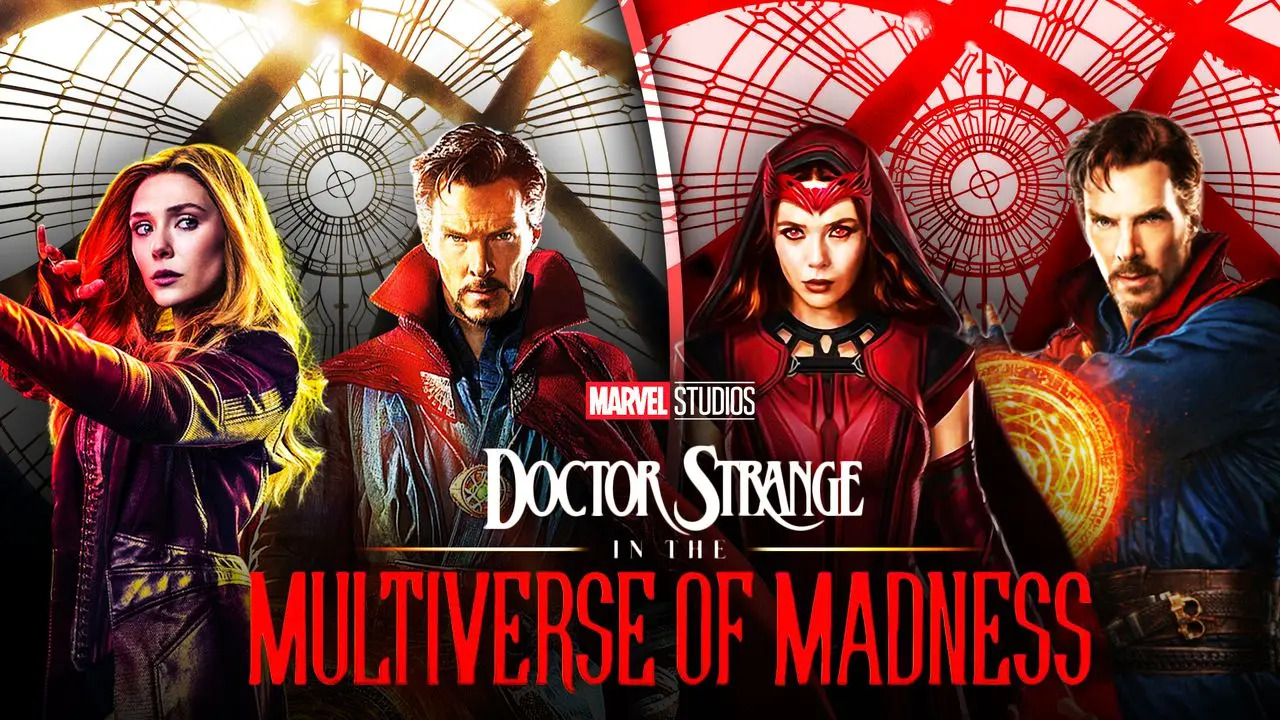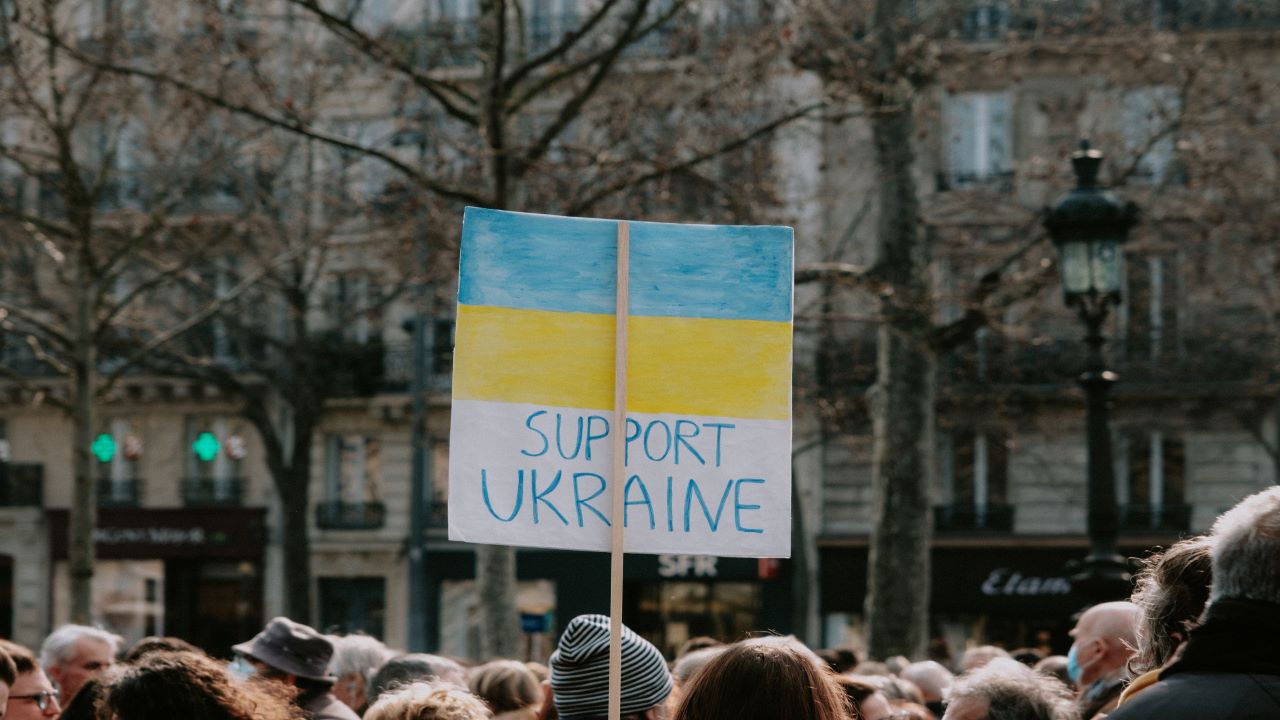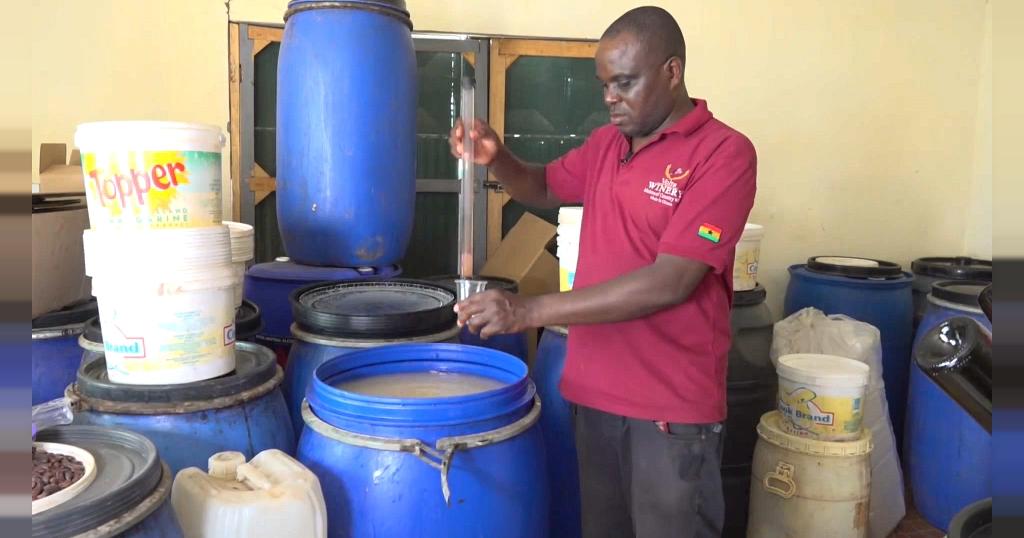Kenya’s Backstreet Bleached Beauty Trade
By: Judith Mutua
Posted on Wednesday, March 4, 2020
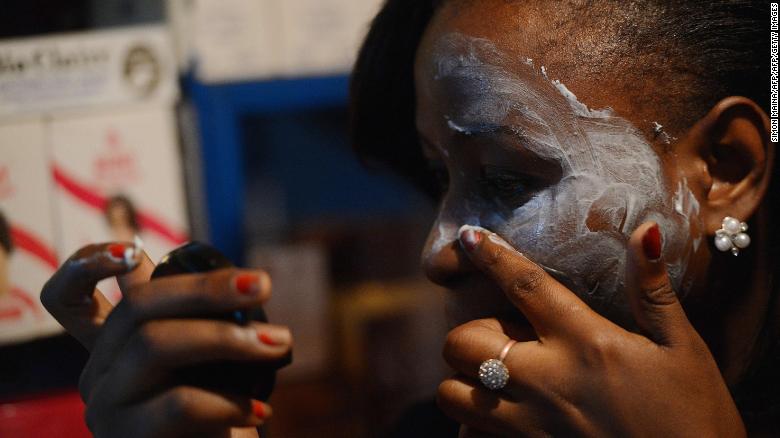
Unregulated clinics offering backstreet skin bleaching injections have become increasingly popular with Kenyan women – a trend that health officials find alarming.
River road is famous for its textiles businesses but a new sensation has taking over; cosmetics and hair products. The bustling area with a reputation for prostitution, black market goods and crime, has become a hub for illicit beauticians that provide these injections, often sitted outside their shops or booths hissing at passing women to attract customers.
In small rooms in the old buildings that line this road, women make a living by selling concoctions that promise a lighter complexion. They compete with those selling wigs and weaves, a thriving business. The skin lightening products are packed in bright coloured containers, a majority with photos of light-skinned beautiful women. There are also those that feature carrots, suggesting vitality.
Bleached faces
The majority of peddlers are women with clearly bleached faces and they scrutinize the passers-by. If they decide you could be in need of their products they call out, ‘’Madam, Mafuta.’’ They are careful about it though, they tend to look as if they are waiting for someone or buying the clothes on display.
These self-appointed chemists sell solutions for any skin problem under the sun. They have a cream that gets rid of rashes, one for black spots and another blemishes, one that promises an even skin tone and one that will turn your skin light.
Expensive
The cheapest cream costs Ksh500 and the most expensive Ksh3500, a mixture of three strong smelling products – two creams and a liquid in a transparent bottle with no label.
Skin bleaching is not a Nairobi problem, it is indeed a global issue. In Mombasa, beauty and cosmetic shops at Marikiti market continue to sell these banned skin bleaching products. Creams and oils such as Rico Soap, Amira Skin Lightening Lotion and Mekako Cream and Soap where banned for containing mercury but they are still in the market. ‘Sensitivity to mercuric iodide may be experienced. The soap should be discontinued if any irritation occurs,’ reads a cautionary pamphlet that comes with the soap.
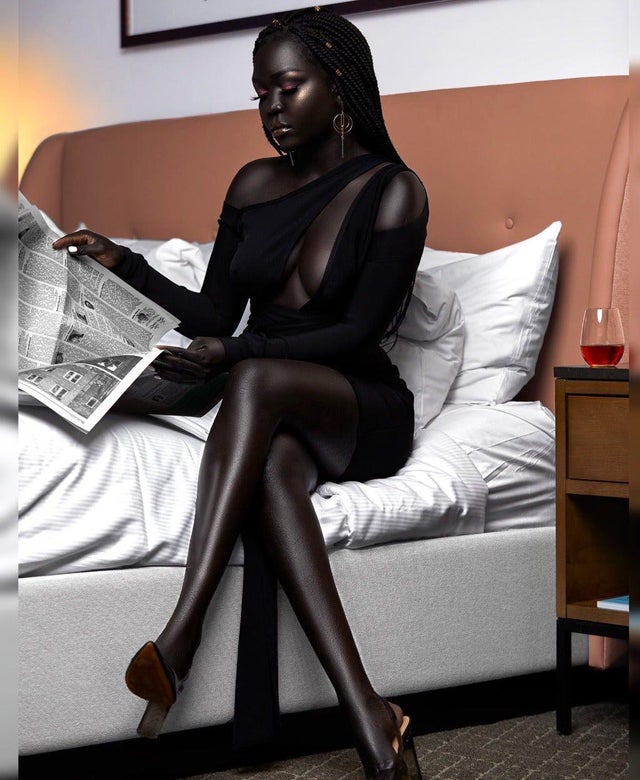
Lightening procedure
Vera Sidika is Kenya’s best example of what skin lightening can achieve. Vera, a musician and an ‘influencer’, looks nothing like the dark skinned woman she was years ago. And she is not regretful about her astonishing metamorphosis. In fact, going by the numerous interviews she has given regarding her change of complexion, she is proud of it.
From her explanation on why she chose to make her skin lighter, she suggested she would not have the fame she enjoys were she dark skinned. This brings fore colourism, which is described as the preferential treatment for people with lighter skin, and which particularly affects women of colour.
In Africa, there is a rampant darker skin stigma and a perception that corelates lighter skin with beauty, cultural refinement and personal success.
Black like jet
For south Sudanese model Nyakim Gatwech, people of African stock even get stunned by her dark complexion. Although bullied and scorned for her rare looks, the South Sudan native is living her best life.
The 26 year old model went viral after posting a story of her interaction with an Uber driver on Instagram. When the Uber driver asked her if she would bleach her skin for $10,000, Nyakim laughed it off.
Ever since, Nyakim has been nicknamed the ‘Queen of the Dark’ by her fans, and has proven her royalty in her fierce photos and motivational captions. Nyakim has become a woman that dark skinned girls look up to, when, they too are in search of self-love.
Worth it?
For most Kenyans their budget to pursue whiter skin is much less than Sidika’s, but spending on illicit backstreet treatment poses a great risk to one’s health.
Though black market beauticians say their products go through a safe and effective process, medical practitioners warn the increasing popularity of these unregulated injections could cause health problems in the long run.


